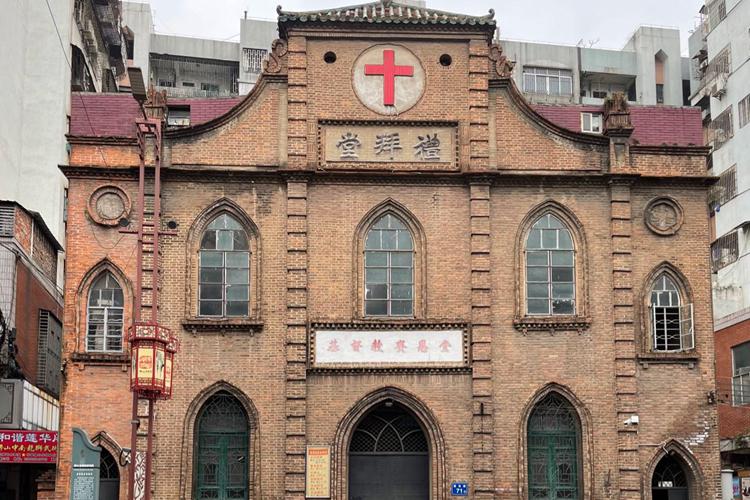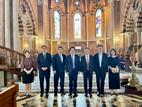Did you notice that the earth we live on is so wonderful? Plants absorb the carbon dioxide we exhale through the photosynthesis of green leaves and provide us with oxygen. Plants reuse microorganisms as decomposers to break down food waste. Animals and plants also provide us with nutrients, water, and the material foundation we need for growth and life. They come together to create a sophisticated and cohesive dynamic balance system, which is the living environment that God designed for us.
This is the ecosystem. There are two million known creatures on the earth, and they are not chaotic. Instead, they are interconnected and rely on water, sunshine, and nutrients in the soil to survive and develop together. This dynamic equilibrium system, which is composed of biological groups and the environment, is interdependent, interactive, and restrictive, and it is the ecosystem.
In a seminar titled “Global Evangelical Movement” at the Jakarta 2023 Global Convention on Christian Faith, Pastor Liu, who has pastored churches for decades, discussed a dynamic balance system among churches, which he called the “evangelical ecosystem.” Pastor Liu quoted Pastor Timothy Keller’s book Church Growth in the 21st Century to point out the meaning of the gospel ecosystem: “A church or a denomination cannot win a city. It needs the cooperation of all denominations and churches in a city to win the city. The whole city is booming. Changing a city requires evangelical movements.”
There are enough pressures and problems in planting churches, so how can we still have the heart to build a “gospel ecosystem”?
Acts 16 shows the Apostle Paul’s experience of accepting “the calling of Macedonia.” Pastor Liu pointed out that church planting models, like ours, are “arranged by God to bless people, thus bringing them a new life.” Therefore, in the face of pressure and suffering, we will see that God continues to conserve us.
Pastor Liu encouraged everyone to reach out and think about “what opportunities the church can have” and “where it can cooperate” in our respective cities, so that we can testify to the Lord, let everyone see that Christianity and Christians are different, and let them have the opportunity to trust in Jesus.
In India, a pastor explored to do evangelical movements. Pastor Liu shared his story. The Indian pastor combined church planting with training great leaders for the city. The pastor said, “We are working on urban renewal to help leaders train intermediaries who can bring changes to the city. We help people apply the ancient gospel to all aspects of life in novel ways.”
In addition, Pastor Liu also shared the approaches to planning churches from European cities to cities—"different stages of planting churches in cities.”
The first stage is competition. Churches do not trust each other. Although they notice the existence of others, they only care about personal interests.
The second stage is mutual existence. Churches ignore each other. They do not compete openly or attract other church members.
The third stage is communication. The churches know each other. Their leaders also try to communicate about planting churches. This gospel ecosystem already has a foundation, and if it can move forward, it will affect the city.
The fourth stage is cooperation. Churches help each other, and their leaders begin to share resources and experiences with each other and even discuss strategies together.
The fifth stage is the common goal. Churches are connected with each other for a shared goal, sharing a heavenly mentality and urging people from all walks of life to work together for each other and the city.
Finally, Pastor Liu concluded, “When churches cooperate with each other, we will have testimony and power.”
- Translated by Charlie Li












